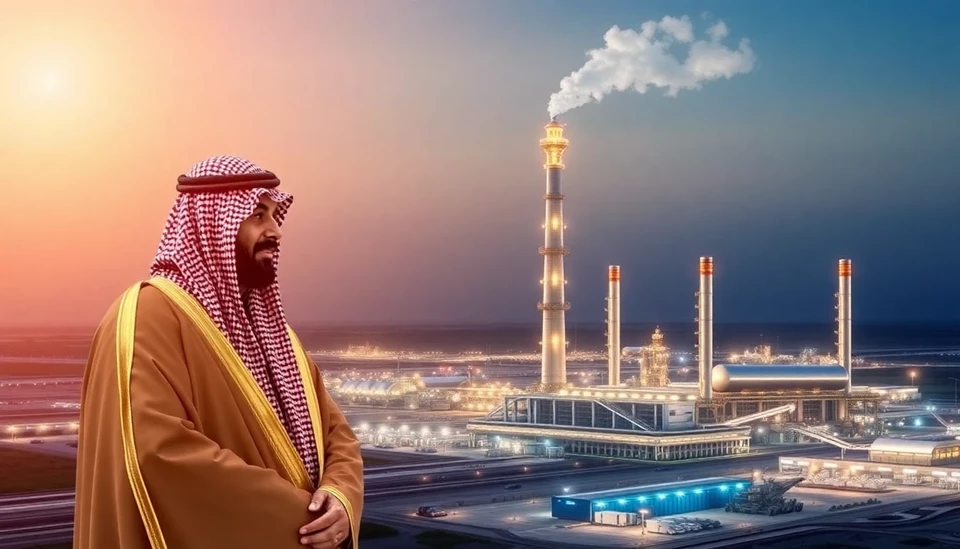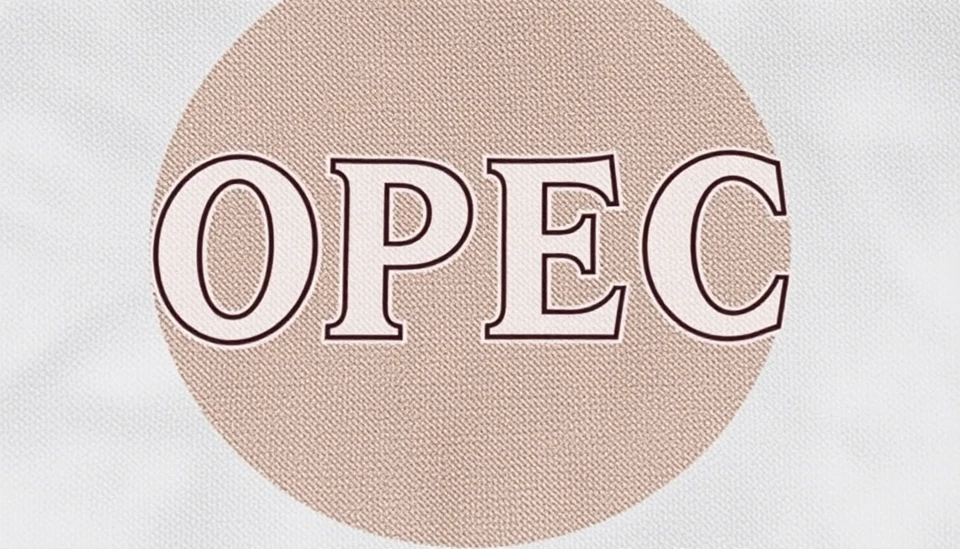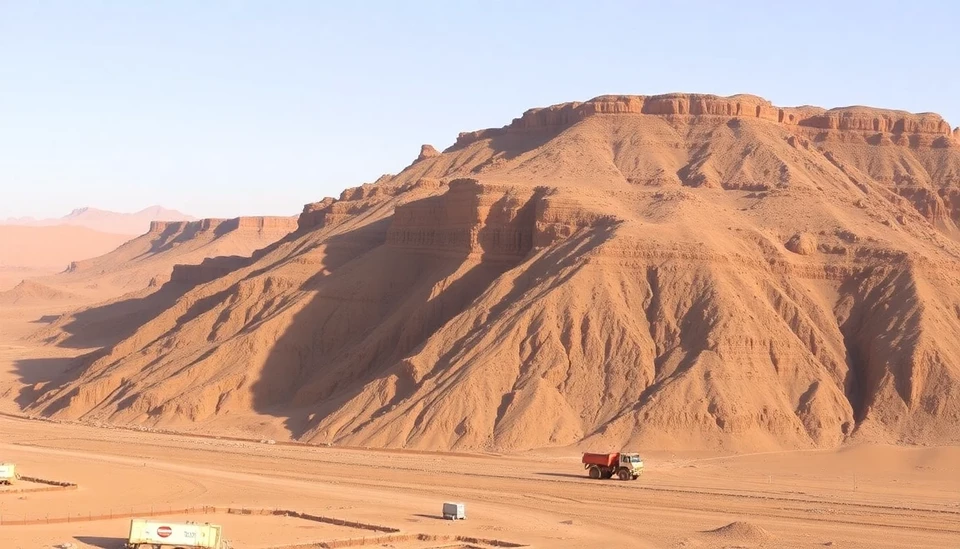
In what is arguably a major shift in fiscal policy, Saudi Arabia announced spending cuts on Sunday as a reaction to the tumbling oil revenues. This forces the kingdom to dial back its ambitious projects to stimulate the economy and develop it amidst fluctuating oil prices.
The announcement, made public on September 30, 2024, has outlined some of the challenges facing the world's largest oil exporter. Lower oil prices have seriously reduced the nation's revenue streams and apparently given it a reason for urgent budget reconsiderations. It is a reality check for Saudi Arabia's Vision 2030-a transformative economic program put forth by Crown Prince Mohammed bin Salman aimed at weaning the kingdom off its dependence on oil.
Economic analysts hastened to say that the cuts in spending were likely to reach a wide array of sectors, including infrastructure, social spending, and maybe even the kingdom's bold megaprojects: the NEOM smart city and the Red Sea tourism development. According to their predictions, while these projects are being downscaled to adjust to current revenues, they remain an important part of the broader vision.
It was announced by Finance Minister Mohammed Al-Jadaan, who termed the fiscal measures as highly urgent. "We have to adapt ourselves to the current economic circumstance in order to maintain financial stability," said Al-Jadaan. "The government remains committed to sustaining strategic investments despite the cuts." His remarks indicate that vital sectors such as health and education may see a slower rate of growth rather than an outright cancellation of projects.
This strategic shift comes at a point when various predictions have been made by several think tanks that the oil prices would remain subdued for the medium term. Analysts from the International Monetary Fund, among other financial think tanks, have scaled down expectations for oil prices-a challenge to several economies reliant on oil across the world, Saudi Arabia not excluded. The kingdom, which had set an initially high benchmark for its oil-related income, now faces this dual burden of managing its fiscal budget while at the same time creating an environment that is conducive to private investment.
But one can't neglect a possible socioeconomic effect of such cuts in expenditure on the population. In the short run, job opportunities would be restricted and the implementation of the social agenda may be slow. However, still, the Saudi government desires to send a message that long-term economic diversification is its target. The structure of reforms being pursued and the concentration of investments in the priority sectors for growth outside the oil sector are ways by which the kingdom attempts to achieve a more robust economic structure.
The international observers are closely watching Saudi Arabia dance through this tightrope. While critics feel such spending cuts might slow down the progress made by the Vision 2030, its supporters hold a view that they were necessary adjustments to ensure sustainability in growth. Undoubtedly, the coming months will give more clarity on how it would strike a fine balance between caution and ambition.
The Saudi Arabian predicament, with the world slowly moving away from fossil fuels, holds good for many oil-rich countries: the mammoth task of transitioning their economies. A fact of reduced oil revenue sends a stern signal for these economies to adapt, innovate, and find new growth drivers besides oil.
#SaudiArabia #OilPrices #SpendingCuts #EconomicPolicy #Vision2030 #Megaprojects #NEOM #FinancialStability
Author: Rachel Greene




